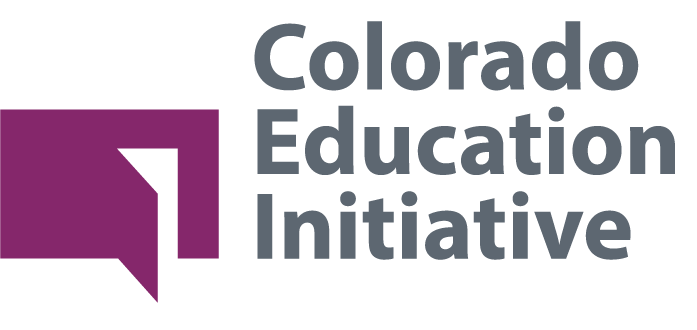School Turnaround Leadership Development

CEI supports the development of successful, effective, leadership in low-performing schools and school districts based on the specific needs and priorities of each system.
The CEI team includes former commissioners, superintendents, systems leaders, school leaders, and educators. This collection of expertise enables CEI to provide a unique and thorough approach to system improvement; we are able to leverage past experience and networks and build leaders’ capacity through our personalized supports.
Education leaders are encouraged to bring forward specific needs to discuss a pathway that will lead to success in reaching outcomes aligned to their vision and resonate with their communities. Two options are available for consideration.
- A nine-month Executive coaching plan for school and district leaders is tailored to align with existing priorities and related goals.
- A comprehensive, 18-month Turnaround Leadership program revolves around a deep dive into structures and roles, strategic planning, and implementation.
School Turnaround Leadership Development Program Overview
This program is is customized for individual districts and does not include a cohort experience.
